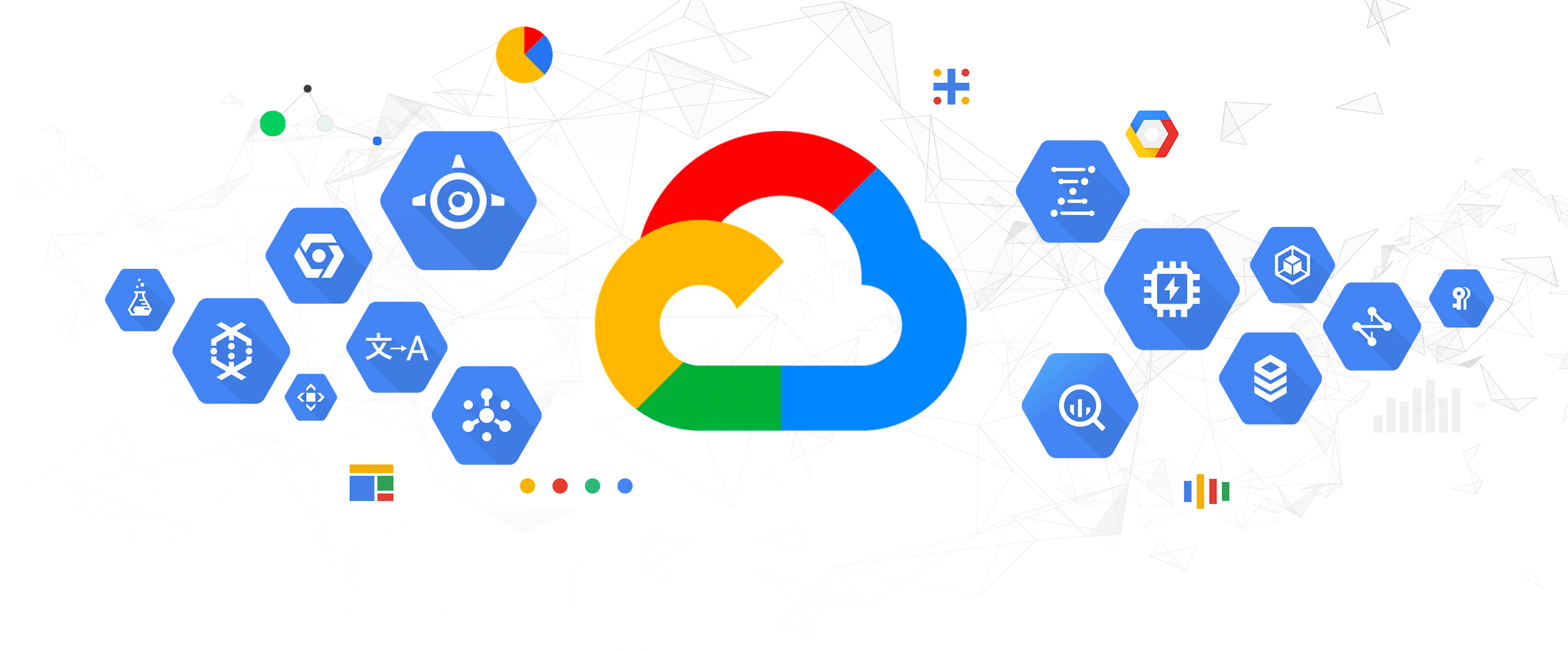Businesses looking to drive sustained growth are prioritising their interaction and engagement with their customers at every point of the sales funnel. By putting their customers front and centre of all decisions made, businesses can:
- Provide a tailored, personalised customer experience.
- Improve customer growth and retention.
- Increase revenue and grow their bottom line.
To do this companies require a powerful CRM platform that grants them access to the data and analytics they need to build and nurture meaningful customer relationships. As the world’s largest CRM tool, Salesforce offers multiple benefits within different ‘clouds’ that enable enterprises to do exactly this.
Take a closer look at the top 6 ways enterprises can benefit from harnessing Salesforce to drive their customer experiences.
The Top 6 Benefits of Salesforce
1. Reporting Prowess
Customer-centric experiences are built on actionable data that paints a full picture of a customer’s needs and information. This data can be gleaned from social media platforms, as well as business and analytics software.
However, the data captured on these platforms can’t be used to compel businesses to take action until it’s extracted, tabulated, analysed, and represented in the correct, relevant format for each department.
This is where CRM technology boasts a huge advantage when it comes to data representation. A CRM tool, like Salesforce, can easily analyse and represent the data centred around a customer, from their marketing activities to their commerce habits.
This creates a single, unified view of the customer, enabling departments to collaborate their efforts more efficiently and make decisions faster.
With this actionable data at their fingertips, departments can run comprehensive reports and get instant insight on things like the status of their opportunities, the success of their customer interactions, sales results, and more. These reports can guide departments to make smart, data-backed decisions.
2. Dashboards for Cohesive Data Visualisation
Having access to comprehensive and accurate reporting means that companies need to keep track of current data in real-time for accurate data visualisation.
Relying on disconnected tools or spreadsheets that have to be manually updated with information makes it difficult to derive meaningful data insights and creates stagnant information silos.
Salesforce simplifies and speeds up data visualisation by harnessing the power of dashboards. This allows departments to set up customisable dashboards capable of live tracking and updating customers’ data.
Dashboards help departments to quickly access the data essential to their workflows without having to dig, search, or run requests.
3. Business Efficiency Through Automation
Thanks to Salesforce’s ability to capture ongoing, relevant data and information about customers as well as the larger industry, companies can create more personalised automated messaging tailored to customers’ unique requirements.
You can then set up a series of automated emails tailored to speak to targeted audiences within your customer base. This makes creating targeted campaigns for every point in the sales funnel a quick and convenient process.
Automation also enables you to remove someone from a campaign at any time, for example, after they have made a purchase based on a campaign’s offer.
4. Ease of Collaboration
Your CRM tool should house all your important historical data – conversations with customers, customer interactions and journeys, their needs, purchasing habits, contact information, and more.
Easy access to this data makes cross-departmental collaboration seamless and enables teams to quickly and efficiently coordinate plans and take action.
A CRM tool that’s cloud-based has the added benefit of being constantly updated, ensuring your team can access the same versions of reports and dashboards no matter their location.
On top of doing all this, Salesforce comes with built-in communication and collaboration systems that allow multiple people to access and work on the same file simultaneously.
5. Customer Enrichment
The data collated by CRM not only helps your marketing team to create and automate customised marketing campaigns but also enables sales teams to improve their customer outreach and engagement.
By having information about a customer’s needs and interests at their fingertips, sales agents or representatives can take a more proactive approach to solve customer’s pain points and provide specialised solutions.
Not only does this save time and solve problems more quickly, but it also helps your customers to feel valued and prioritised, enriching their experience.
6. Personalisation
Having actionable data powered by CRM allows companies to better understand what drives their customers. This understanding helps to fuel strategic decisions and cross-departmental collaboration to personalise customer interactions, services, and relationship management.
By building richer customer-centric experiences and putting the customer at the centre of your operations, you can elevate your lead-to-sale ratio, improve your customer engagement and service, and consistently grow your bottom line.
It’s undoubtedly clear that to create customer-centric experiences, companies need a robust CRM platform like Salesforce on their side. But obtaining the right tool is still not enough, businesses need to ensure their Salesforce rollout and implementation process is seamless for optimal efficiency and effectiveness.
Having the right implementation partner is key to facilitating an effortless facilitation process. Not all implementation partners offer the same services, so be sure the partner you opt for can offer support across all clouds from inception to completion.
At CloudSmiths, we offer the full suite of Salesforce products and services to meet the unique requirements of our clients, including in-depth consultation, complete implementation overseen by experts, and managed services to ensure your ongoing success post-launch.









